Early Career Grant for Douglas Wightman
Douglas Wightman has been awarded an Early Career award by Alzheimer Nederland

Douglas Wightman has been awarded an Early Career award by Alzheimer Nederland

A new study reconstructs the evolutionary timelines of human brain, cognition, and behavioral traits, revealing when key genetic variants influencing intelligence and psychiatric vulnerability emerged.
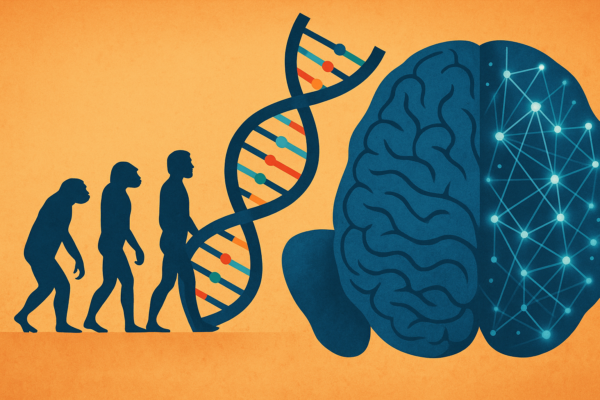
It has been known since 1936 that people diagnosed with schizophrenia are on average 1 centimeter shorter than people without that diagnosis. However, there have been few explanations of this relationship. Neuroscientist Cato Romero and his colleagues therefore investigated the link between schizophrenia and height in DNA datasets.

Scientists have developed a powerful new tool to pinpoint genes most likely causally linked to diseases, potentially accelerating drug development and advancing our understanding of disease biology.
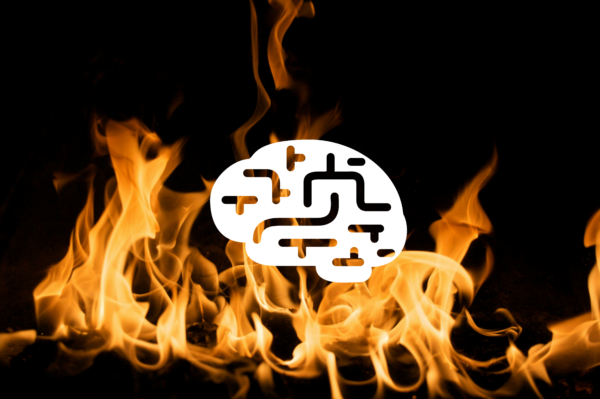
A collaboration between Marijn Schipper and Danielle Posthuma from CNCR-CTG and Camiel Mannens and Sten Linnarsson from the Karolinska Institute Sweden has led to the publication of the first map of chromatin accessibility and paired gene expression in the entire developing early embryonic human brain. The study is published May 1, 2024 in Nature.
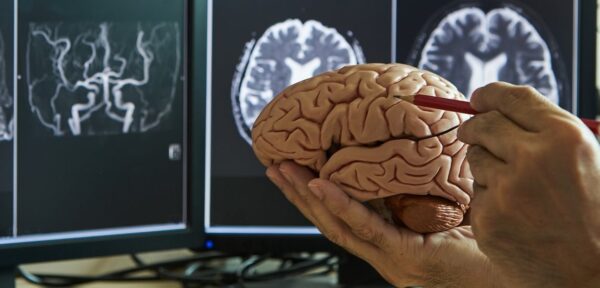
Neuroscientist Elleke Tissink investigated which genetic factors can influence different characteristics of the brain. With this knowledge, we can better understand why our brains all differ subtly in structure and function. This also provides insight into brain diseases such as ADHD or bipolar disorder.
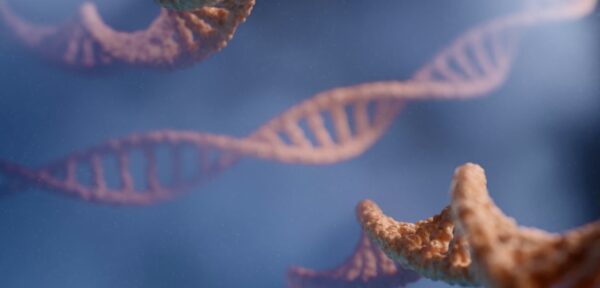
Tanya Phung, a post-doctoral researcher working in the group of Professor Danielle Posthuma, has been awarded a Proof of Concept (PoC) grant for €55.000 from Amsterdam Neuroscience.

PhD candidates Karen Laupman and Nathaniel Bell, with supervisors Associate Professor Vivi Heine and Professor Danielle Posthuma, have been awarded a Proof of Concept (PoC) grant for €55.000 from Amsterdam Neuroscience for their innovative research on repurposing drugs specifically for schizophrenia (SCZ).
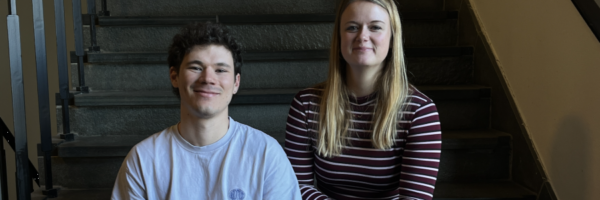
Boys who associate with delinquent friends are more likely to display antisocial behavior. A new study by neuroscientists and behavior experts from Vrije Universiteit Amsterdam and Amsterdam UMC, led by CNCR colleague Jorim Tielbeek (dept. of Complex Trait Genetics) shows that this association is stronger in boys with an increased sensitivity to reward.

The paper of CNCR researcher Ilan Libedinsky “Genetic timeline of human brain and cognitive traits” has been awarded the Best Student Paper Award at the 23rd annual conference of the International Society for Intelligence Research (ISIR), held in Berkeley, California, from July 27-29, 2023.
Dr. Stephanie Dooves, Liza Kok and colleagues performed a study aiming to enhance our understanding of the disease mechanisms behind 4H leukodystrophy. This study, performed under the supervision of Dr. Vivi Heine and Prof. Nicole Wolf, provides the first insights into the cellular mechanisms underlying 4H leukodystrophy.
In a study published in Nature Genetics, Cato Romero, Mats Nagel, and Sophie van der Sluis teamed up with colleagues from the Complex Trait Genetics department and the Million Veteran Program to scrutinize the genetic similarity of twelve psychiatric disorders. Besides identifying shared genes and biological substrates between pairs of disorders, they also elucidated the challenges jeopardizing the future success of cross-trait genetic research.
The performance of CNCR researchers Rachel Brouwer, Loek van der Kallen and Mahesh Karnani has been evaluated positively and we are happy to announce that they are rewarded a permanent employment contract.
Rachel Brouwer (assistant professor CNCR - CTG) recently published her work in Nature Neuroscience. The study is a large-scale collaboration of research groups worldwide and identifies genetic variants that are associated with the speed of structural brain changes over time.
Douglas Wightman (PhD student CNCR-CTG) publishes his first results in Nature Genetics. The large scale genetic study resulted in the discovery of novel genes and biological mechanisms that contribute to the pathogenesis of the disease.
Prof. dr. Danielle Posthuma has been awarded the 2021 Mensa Foundation Prize for her research directly identifying, for the first time, hundreds of human genes highly correlated to variations in intelligence.
Dr. Vivi Heine has been awarded the Open Competition ENW-M grant (700kEuro) for the development of 3D cell-instructive engineered stem cell models of human brain networks.
With the €30.000 grant Stephanie Dooves will use patient-derived stem cell models to study Tuberous Sclerosis Complex (TSC) disease mechanisms in the project “Targeting astrocytes to improve neuronal functioning in TSC”.
Computational neuroscientist Martijn van den Heuvel has been awarded a Consolidator Grant by the European Research Council (ERC). Over the next five years he will study connections in the brain and the role they play in how the brain functions.

The Veni grant is worth up to 250,000 euros and this year 161 highly promising young scientists received this grant by NWO. The grant provides the laureates with the opportunity to further elaborate their own ideas during a period of three years. The study of Jeanne Savage concerns ‘Exploring the heterogeneous genetic origins of alcohol misuse’.

The invited review includes a detailed overview of tools and resources that aid in interpreting GWAS results and is published in Biological Psychiatry.
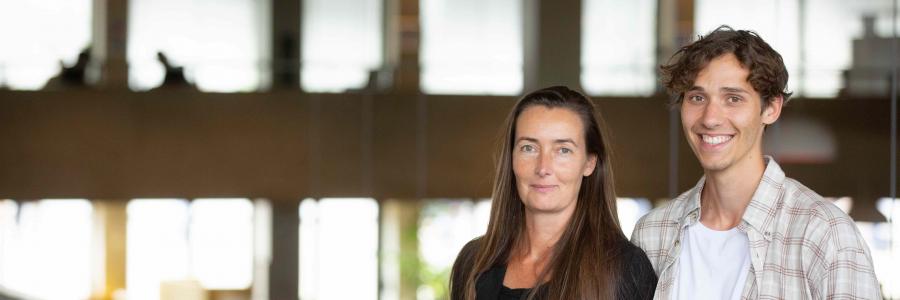
More than 1.2 million euros for stem cell research into neuronal abnormalities in white matter disorders
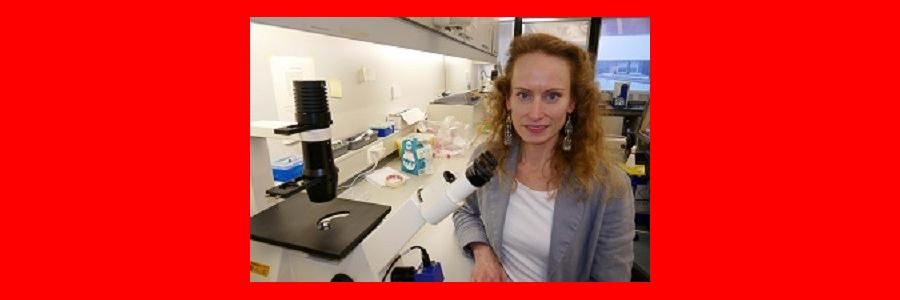
Martijn van den Heuvel is one of three excellent researchers appointed full professor within the 2019 VU University Research Chair (URC) program

Netherlands Autism Register (NAR) of the Vrije Universiteit (VU) Amsterdam obtains grant of 1,5 million euro to extend and enrich the NAR with genetic data, online neuropsychological tests, and online interventions
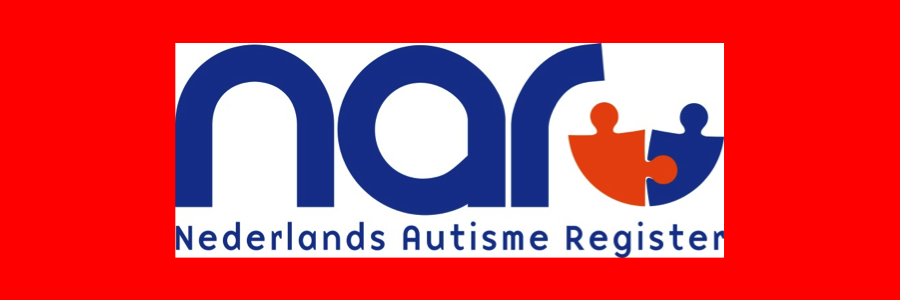
The Ministry of Education, Culture, and Science awards 19.6 million€ Gravitation grant to BRAINSCAPES consortium led by CNCR

PhD student Kyoko Watanabe (CNCR-CTG) curated 4155 GWAS results and analyzed558 traits to explore fundamental genetic questions. The study is published in Nature Genetics.
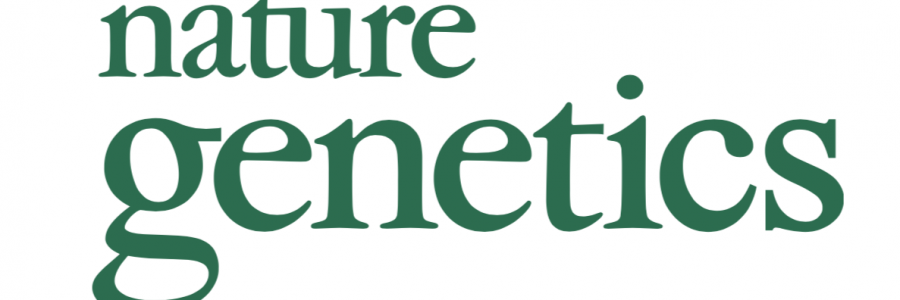
PhD student Kyoko Watanabe (CNCR-CTG) publishes a novel way of using single cell gene expression data to prioritize cell types in disease. Her paper features as Editor’s highlight in Nature Communications
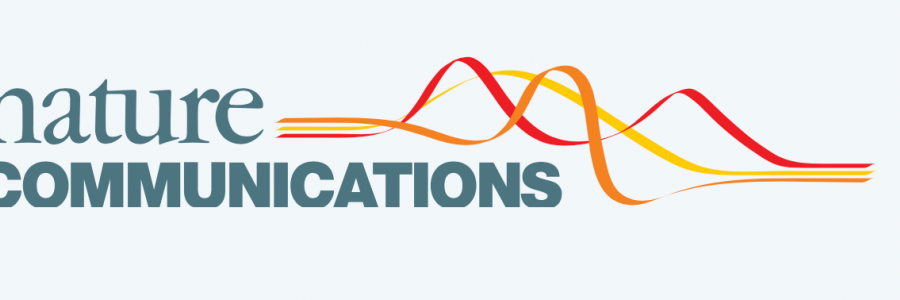
Towards Cross-Disorder Connectomics

2.5M Euro from the EU Horizon 2020 program to bridge Genetics and Neuroscience
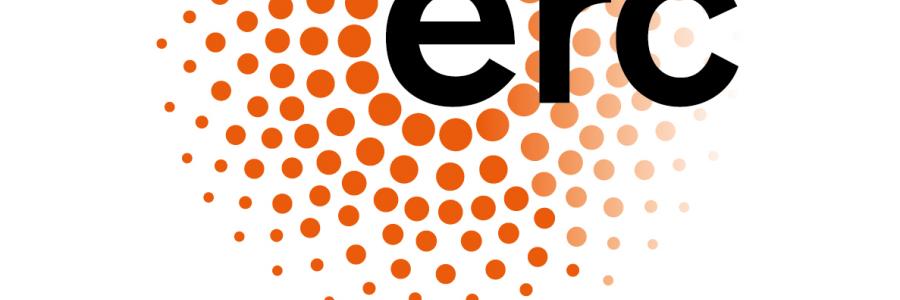
A new study of Dirk Jan Ardesch and colleagues comparing the human and chimpanzee brain provides new insight on human brain specializations, published in Proceedings of the National Academy of Sciences.
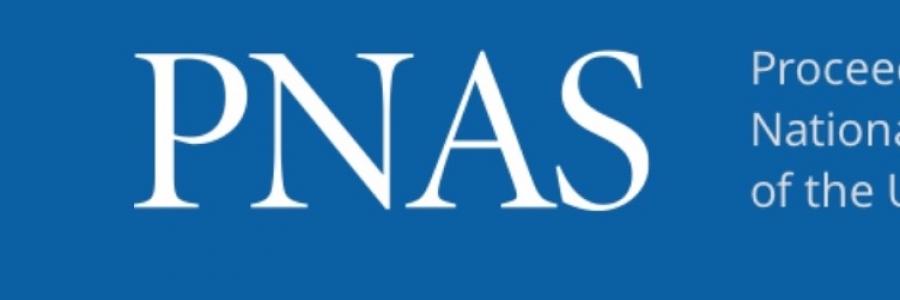
In massive GWAS study, PhD student Philip Jansen provides new insight into the genetics of insomnia, published in Nature Genetics

Postdocs Iris Jansen, Jeanne Savage and others from CNCR-CTG find novel genetic risk factors for Alzheimer’s dementia, published in Nature Genetics

PhD student Christiaan de Leeuw (CNCR-CTG) has developed an important new tool for advanced gene-set analyses, published in Nature Communications this week

An international research team led by Professor Danielle Posthuma (VU / VUmc) has identified the genes, brain areas and cell types that are important in intelligence and neuroticism. Both studies were published June 25, 2018 in Nature Genetics.

A joint effort between the groups of Gerome Breen of the Institute of Psychiatry, London and Danielle Posthuma of the CNCR-CTG, highlights functional consequences of genes associated with intelligence, published March 8, in Molecular Psychiatry.
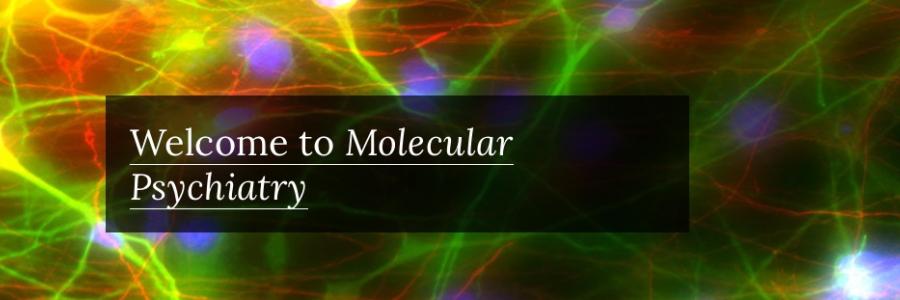
As of March 1, 2018 Martijn van den Heuvel has started as a new PI at the Department of Complex Trait Genetics of the CNCR.
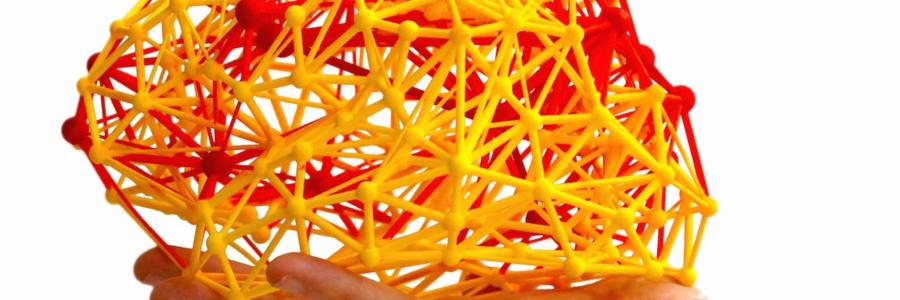
PhD student Mats Nagel from CTGlab publishes in Nature Communications
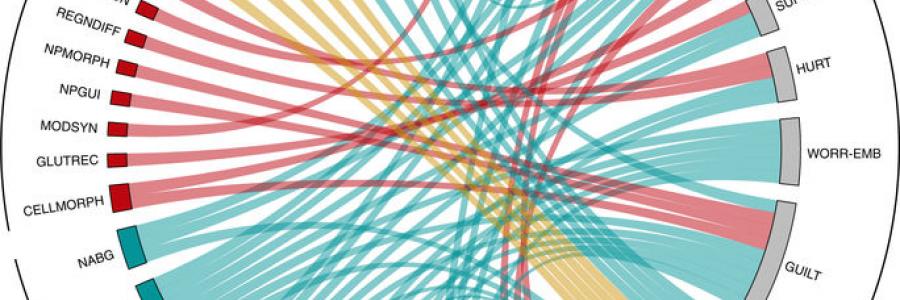
The Paul G. Allen Frontiers group symposium “What makes us human?”.

PhD student Kyoko Watanabe from CTGlab publishes in Nature Communications
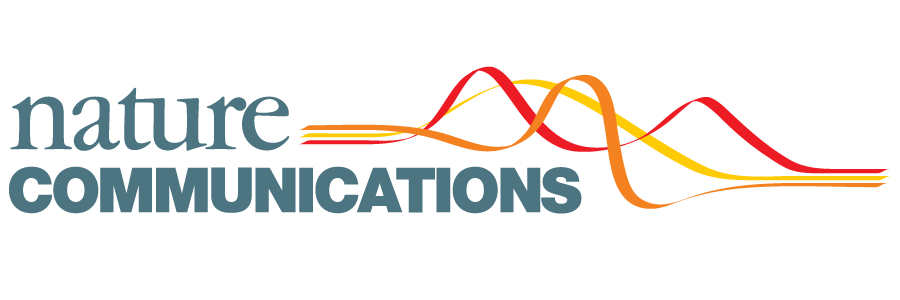
PhD student Richard Karlsson Linnér from CTGlab publishes in Molecular Psychiatry
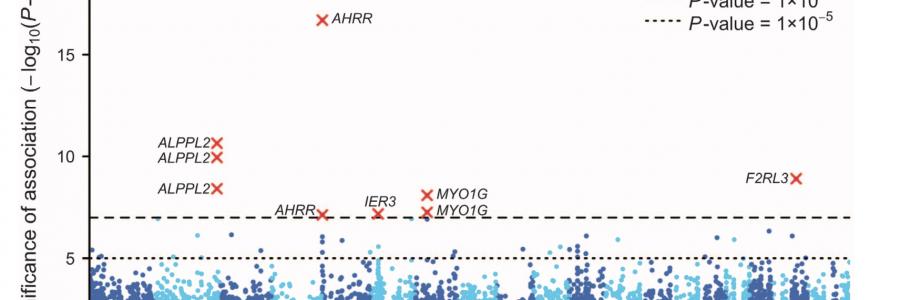
Philip Jansen, Kyoko Watanabe and Danielle Posthuma from CNCR/CTGlab all received awards this week!
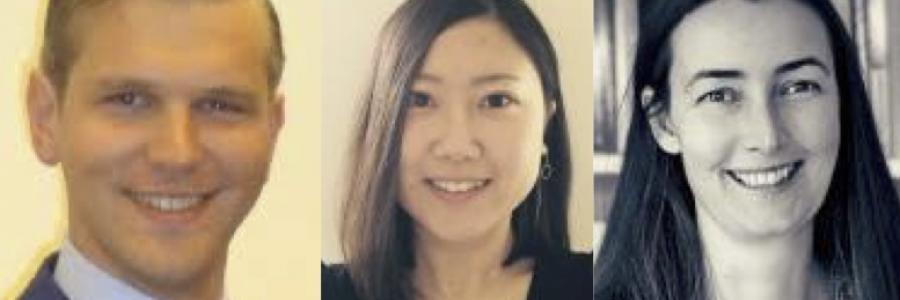
PhD student Jorim Tielbeek from CTGlab and VUMC publishes in JAMA Psychiatry
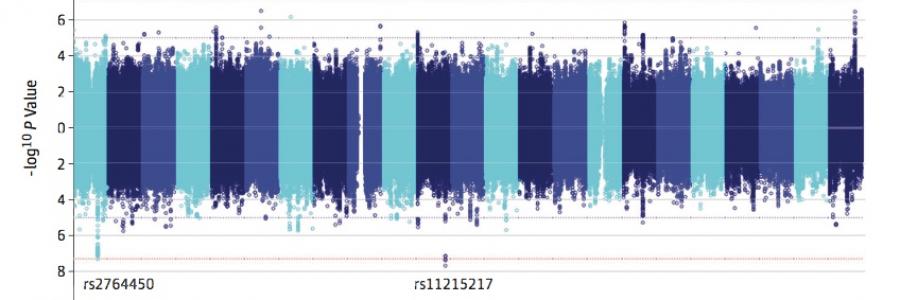
An international team of researchers, including Danielle Posthuma of the VU & VUMC Amsterdam, identified Rare Copy Number Variants in NRXN1 and CNTN6 that increase the risk for Tourette Syndrome. The findings were published in Neuron, June 21.

An international team of researchers has found, for the first time, seven risk genes for insomnia. With this finding the researchers have taken an important step towards the unravelling of the biological mechanisms that cause insomnia. In addition, the finding proves that insomnia is not, as is often claimed, a purely psychological condition. Today, Nature Genetics publishes the results of this research.
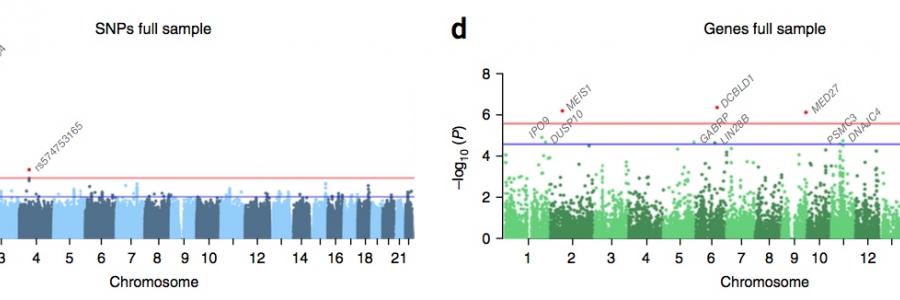
An international research team led by Prof Danielle Posthuma from the Vrije Universiteit Amsterdam, The Netherlands, has made a major advance in understanding the genetic underpinnings of intelligence. Using a large dataset of more than 78,000 individuals with information on DNA genotypes and intelligence scores, the team discovered novel genes and biological routes for intelligence.

Aniket Mishra and Danielle Posthuma (CNCR-CTG), in collaboration with Yolande Pijnenburg (VUMC) and the international FTD Genomics consortium, report novel genetic links for clinical subtypes of frontotemporal dementia (FTD), published in Brain this month.
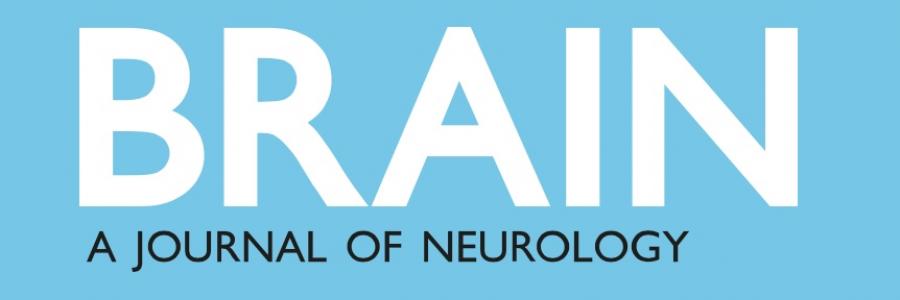
17 December 2016: Tinca Polderman’s expert opinion about the overlap between ADHD and autism in the Dutch ‘Volkskrant’, and about parental influences on children’s behavior (not much!) in the German ‘Süddeutsche Zeitung’.
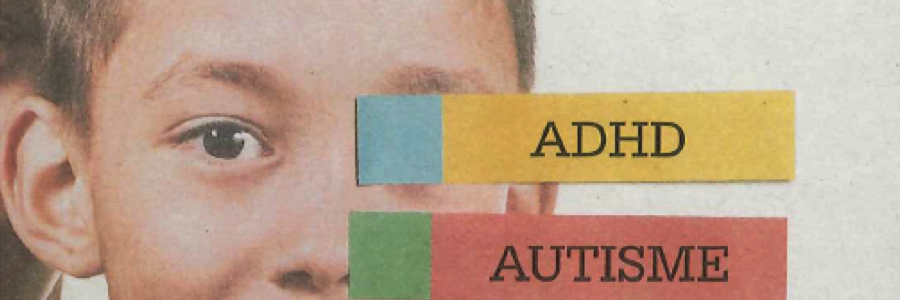
Jorim Tielbeek, Tinca Polderman and co-authors publish a review on the development of aggressive behavior in the journal Neuroscience & Biobehavioral Reviews:
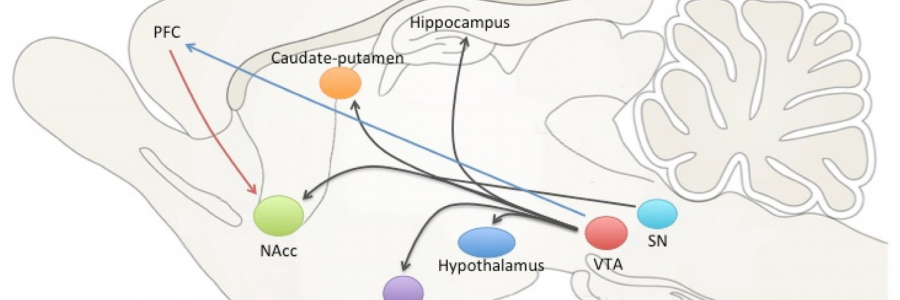
Commentary on translating genome-wide association findings into new therapeutics for psychiatry, in this months Nature Neuroscience issue by Danielle Posthuma et al.